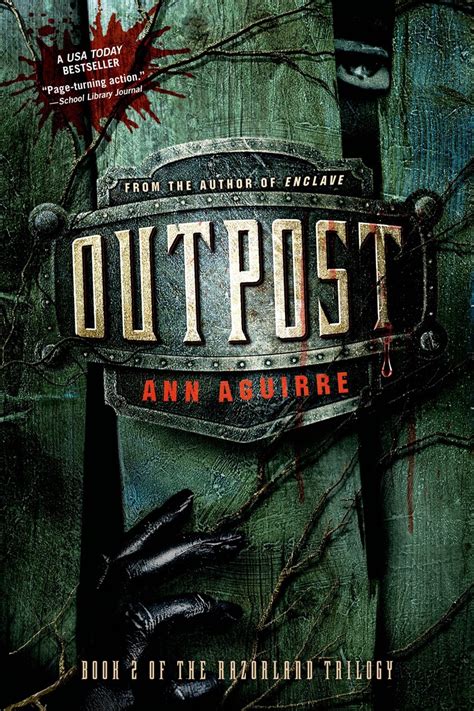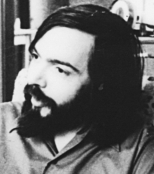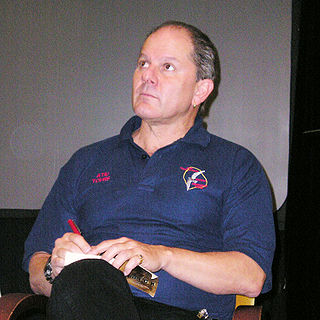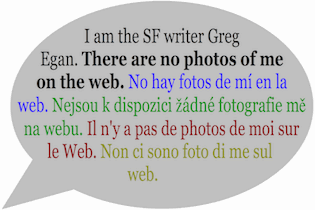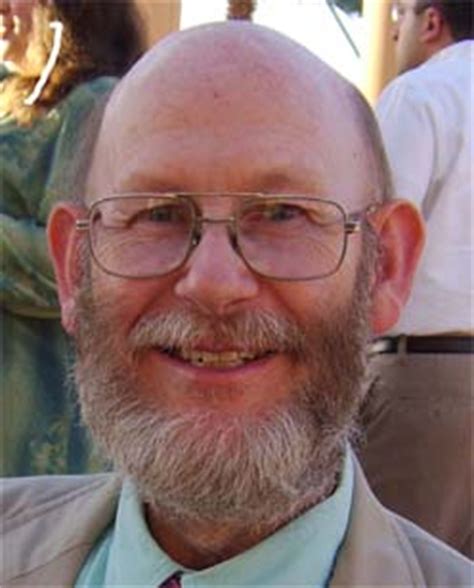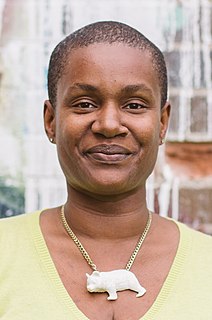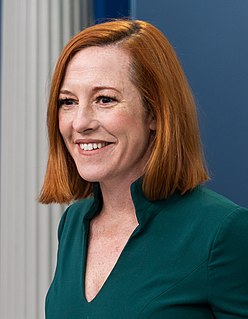A Quote by Ann Aguirre
In 2007, I sold my first book, 'Grimspace.' It says it's SF on the spine. I believe it to be SF, though it's certainly written differently. I write in first person, present tense, and the protagonist is a woman with a woman's thoughts, feelings, and sexual desires.
Related Quotes
There's a long-standing (50 year old) flame war within the field over whether it's "sci-fi" or "SF".SF has traditionally been looked down on by the literary establishment because, to be honest, much early SF was execrably badly written - but these days the significance of the pigeon hole is fading; we have serious mainstream authors writing stuff that is I-can't-believe-it's-not-SF, and SF authors breaking into the mainstream. If you view them as tags that point to shelves in bricks-and-mortar bookshops, how long are these genre categories going to survive in the age of the internet?
